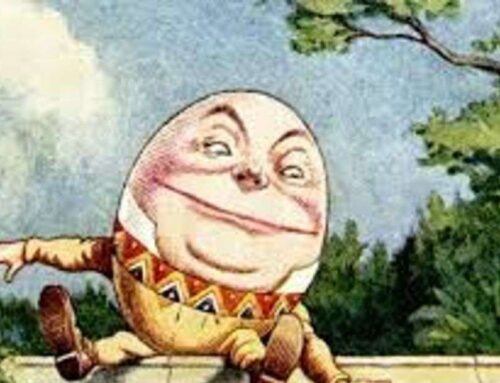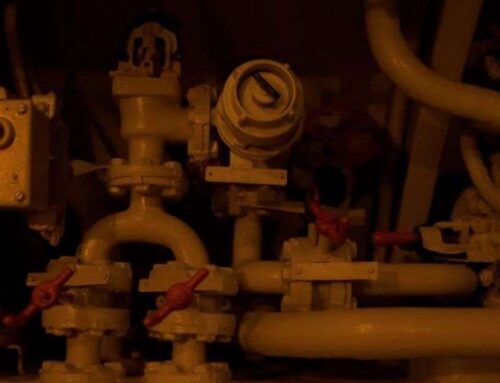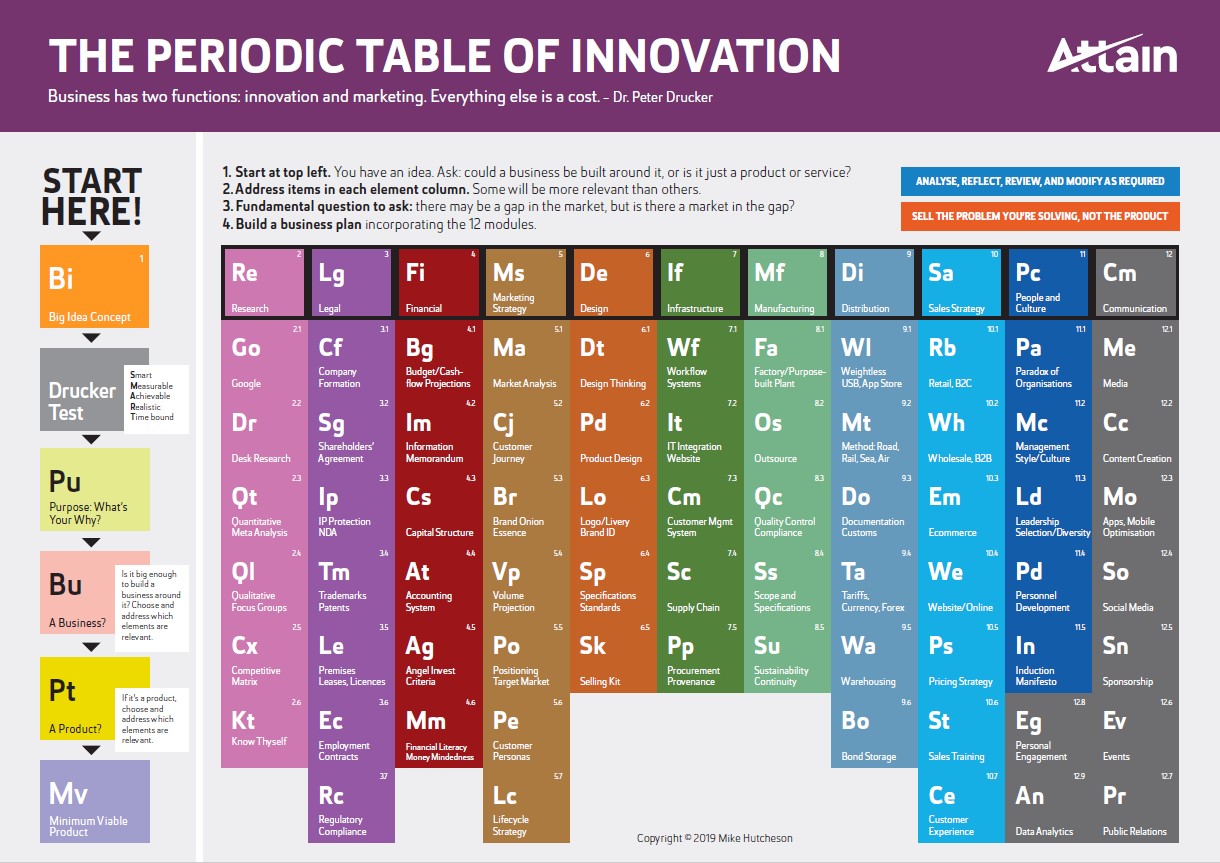For me a lot of my memory is stored in imaginary-cinematic form. Since I was a kid I’ve imagined the inside of my skull to be empty, like a cavernous movie theatre, (no sniggering) with a projector at the back, shining its images forward onto a screen of white bone — the inside of my forehead.
Where do ideas come from? An interesting question that.
Frozen with writer’s block, it’s one I ponder at every looming deadline. So, I figured that question in itself would make a good subject for a blog.
The truth is there is no absolute answer. It’s like asking where memories reside. Do they exist permanently in biochemical or neuro-electrical form in the brain’s filing cabinet, or are they out there in the ether? Quite separate from our corporeal bodies, are they summoned back like ghosts, lured by tiny electrical impulses emanating in our minds? How do we retrieve them on demand? Is it by some natural and well understood physiological process, or is it something more esoteric, a mysterious gathering of tiny photons, quarks and sub-atomic particles wafting in the cosmic ether, waiting for us to send out a ‘come-home’ signal?
For me a lot of my memory is stored in imaginary-cinematic form. Since I was a kid I’ve imagined the inside of my skull to be empty, like a cavernous movie theatre, (no sniggering) with a projector at the back, shining its images forward onto a screen of white bone — the inside of my forehead.
Whenever I want, I can close my eyes and go to the movies in my mind — a bit anti-social at times, but never boring. It’s a way of visualising.
It has also led me to a natural inclination for artistic rather than mathematical subjects. At school I studied Diploma of Fine Arts Preliminary in my final year. Studying art teaches you that “looking” and “seeing” are different things.
For instance, we were taught perspective drawing in the studio, using a ruler and a drawing board. That way we could be sure the perspective lines all met at the appropriate vanishing point. But, out in the field, sketching free-hand in charcoal on a canvas resting on an easel, no rulers or mechanical aids are available. It is easy to make a mistake and sometimes it doesn’t register in your brain.
We look but don’t see.
To check draughtsmanship and perspective, we were taught to look at our sketches in a mirror, or upside down between our legs. The flaws would show up immediately.
That’s also proved to be a metaphor for developing ideas. By looking at things differently we see other possibilities. By “looking” at things upside down or backwards we “see” anomalies or distortions which in turn raise more ideas.
Ideas are all around us — all the time. They hide in plain sight. It’s just hard to spot them in a busy and crowded landscape.
We need to clear away irrelevant bits to see the essence of things. There’s an African saying; to carve an elephant from a block of wood all you need to do is remove the wood that doesn’t look like an elephant. Michelangelo was once asked how he was able to carve an angel out of a block of marble, his famous reply was; “The angel is always there, I just carve to set him free.”
We gain insights and develop ideas when we refuse to take things at face-value. If we don’t question accepted thinking, new ideas never emerge. If we don’t look beyond popular opinion we might as well join the flat earth society.
And that triggers another idea.
I can’t be the only person concerned that received wisdom seems to accept the best people to help us in an ever-more complex world are more well-meaning public servants. It seems to me that the rising cost of living is compounded by constant ratcheting of bureaucratic numbers and controls.
Covid-19 management aside, (and here we should congratulate our government on a great job, well done) we can only hope that some of the controls invoked don’t remain. All regulations should have best before dates and should automatically expire on that date.
One example. In recent years, there seems to have been an escalation in money spent by government departments on “social” advertising, to save us from the folly of being ourselves.
National media assaults us with a barrage of messages that would have us believe we are a dysfunctional, physically lazy, drunken, accident-prone, dangerously driving, clinically depressed, domestically violent, gluttonous, xenophobic and ecologically vandalistic country. Compared to whom, I wonder?
A colleague once worked out, at a rough estimate, the claims of social cost (ie; the supposed social cost of road fatalities, work place accidents; domestic violence; passive smoking, problem gambling, obesity etc, etc;), would total more than the country’s Gross Domestic Product — an economic impossibility.
Friedrich Hayek called the bureaucratic agenda the “fatal conceit”.
The idea that government knows the future’s possibilities and can and should control its unfolding — enlarging the state’s supervision of life and narrowing individual choices. All in the name of collective good.
Having been brought up by a mother on a Widows Benefit, I’m rather indebted to the notion of our Welfare State, but I worry about its steady expansion. The numbers of servants of the system seem to be steadily multiplying, while in the private sector Artificial Intelligence and improved technology is steadily reducing organisational numbers.
Doesn’t that raise a question?
Hmmmm? Now there’s another idea worth writing about.






